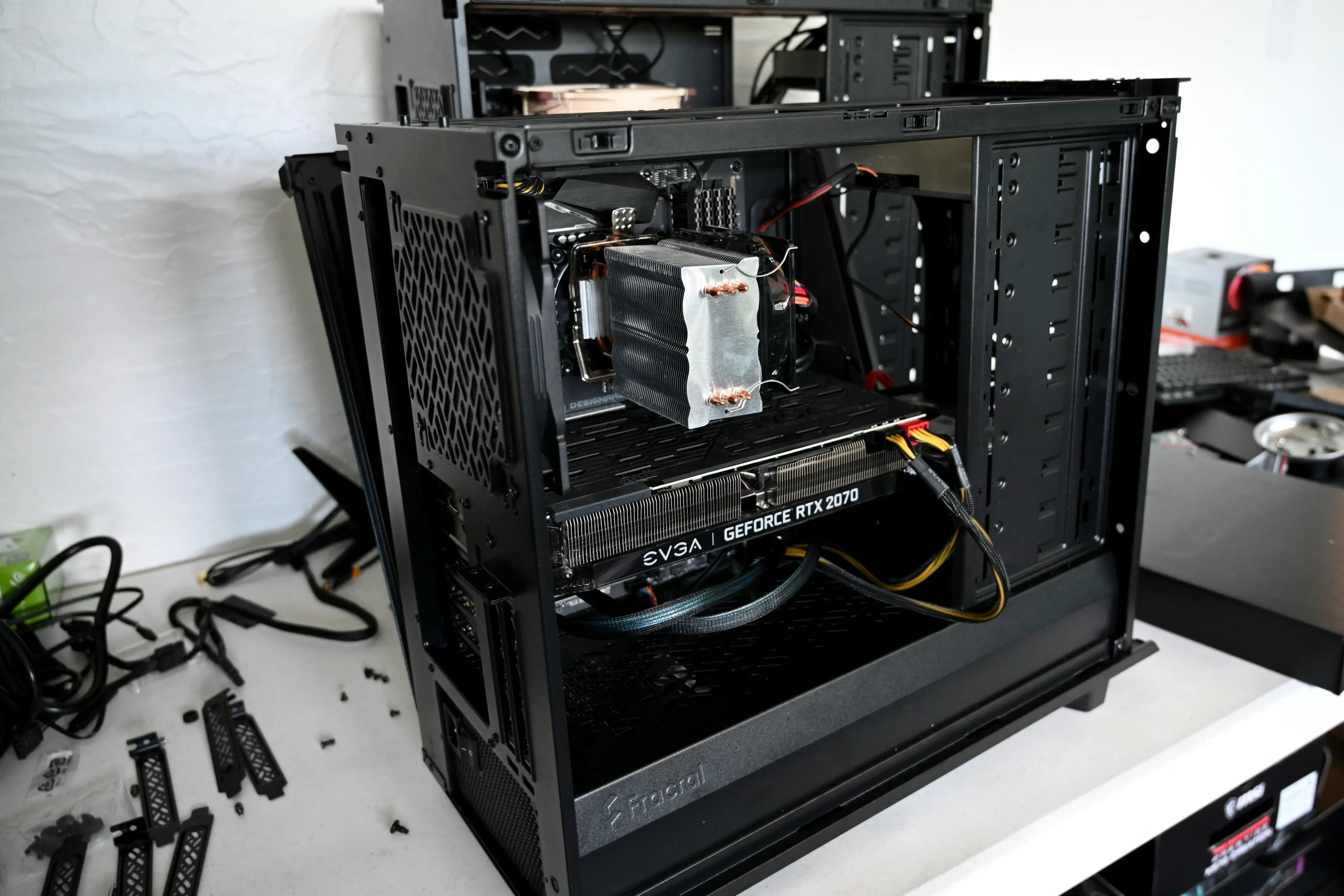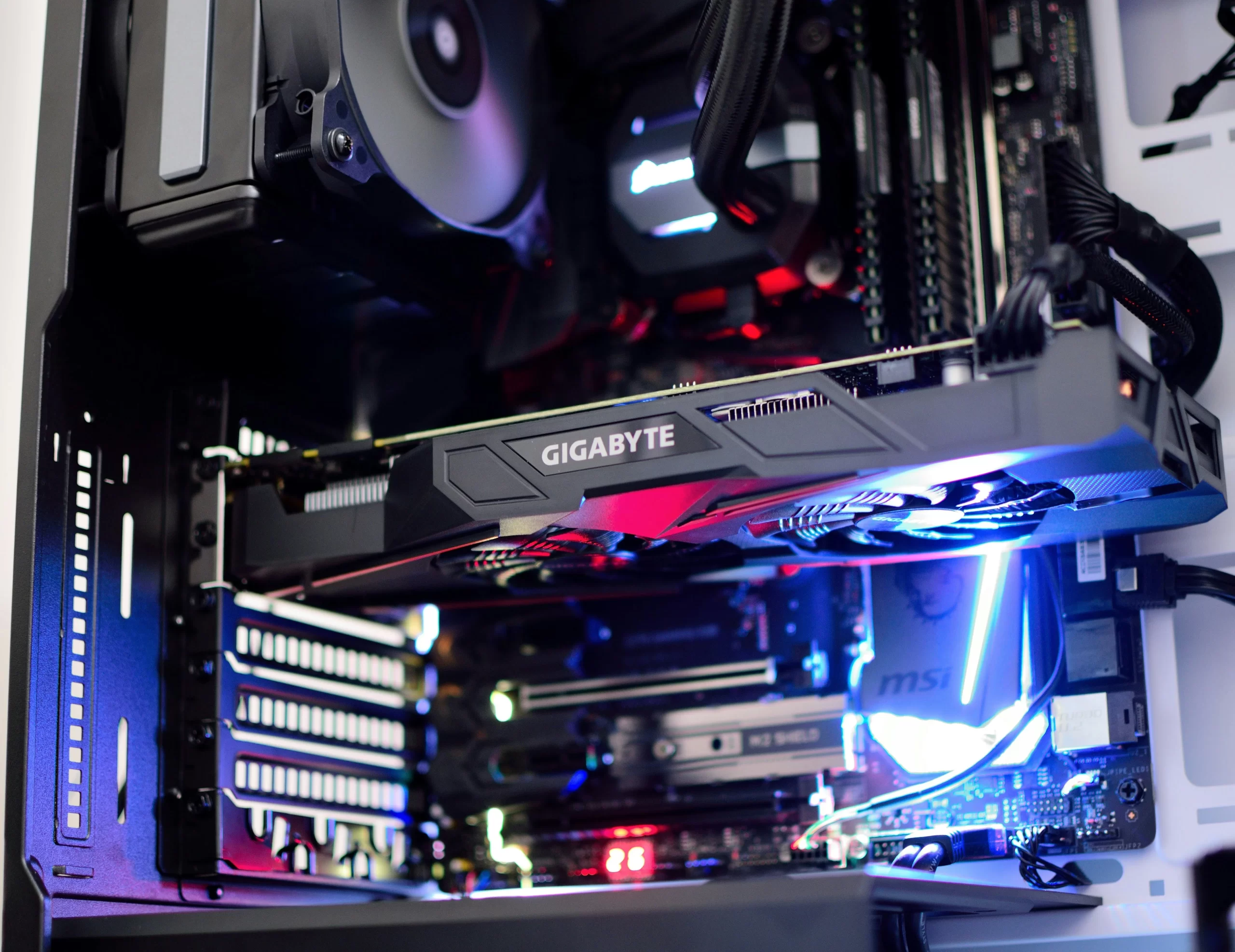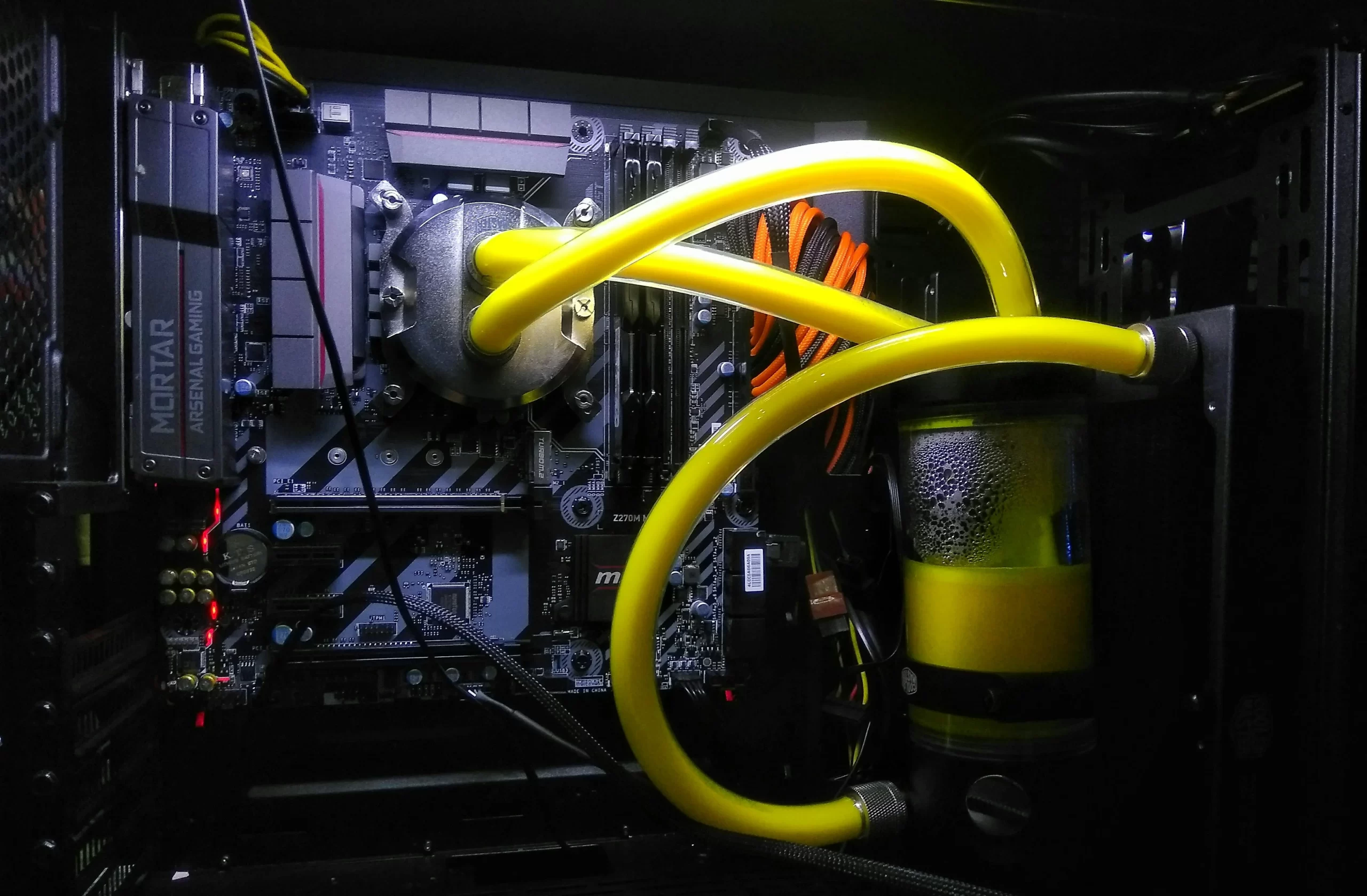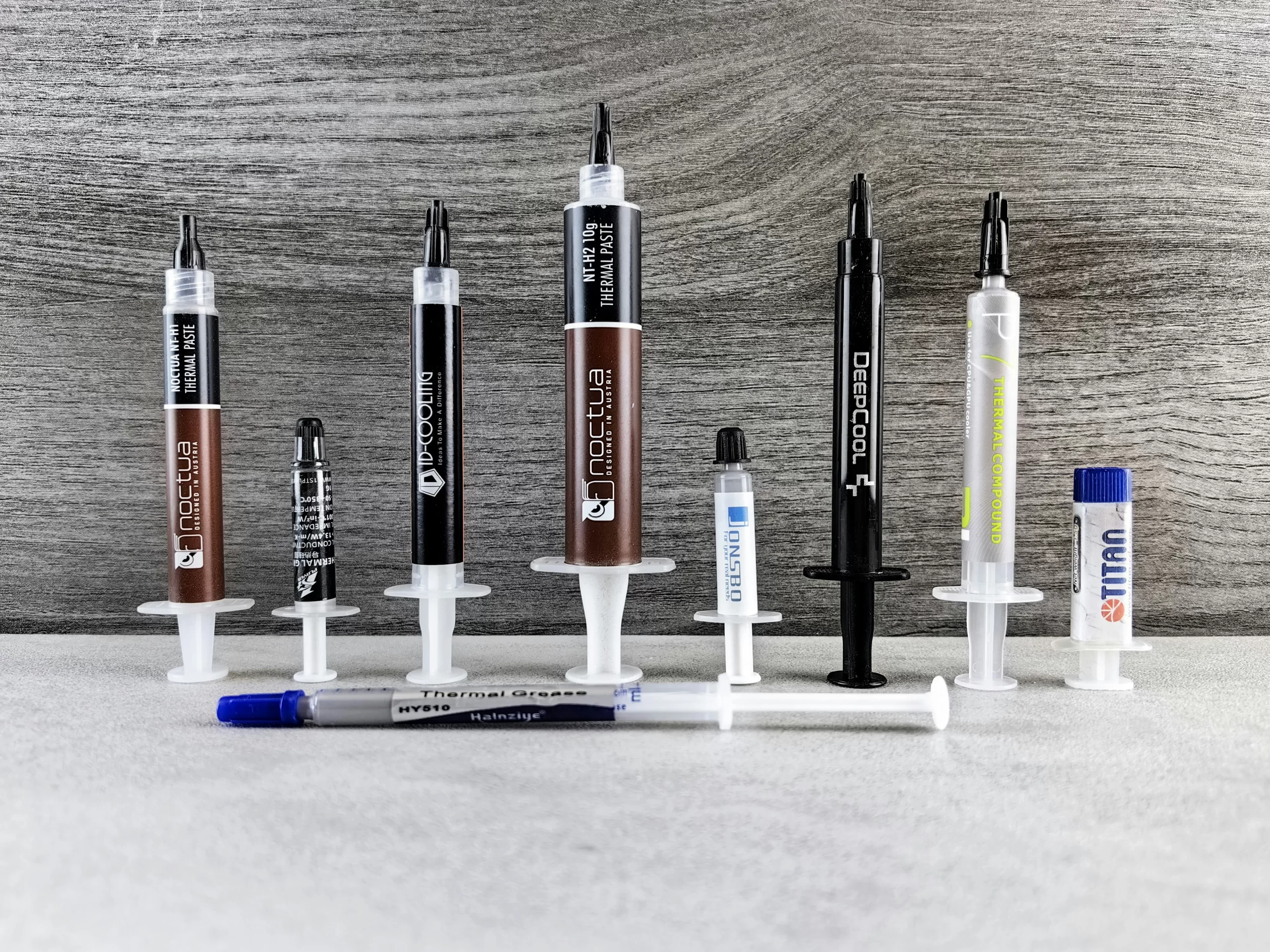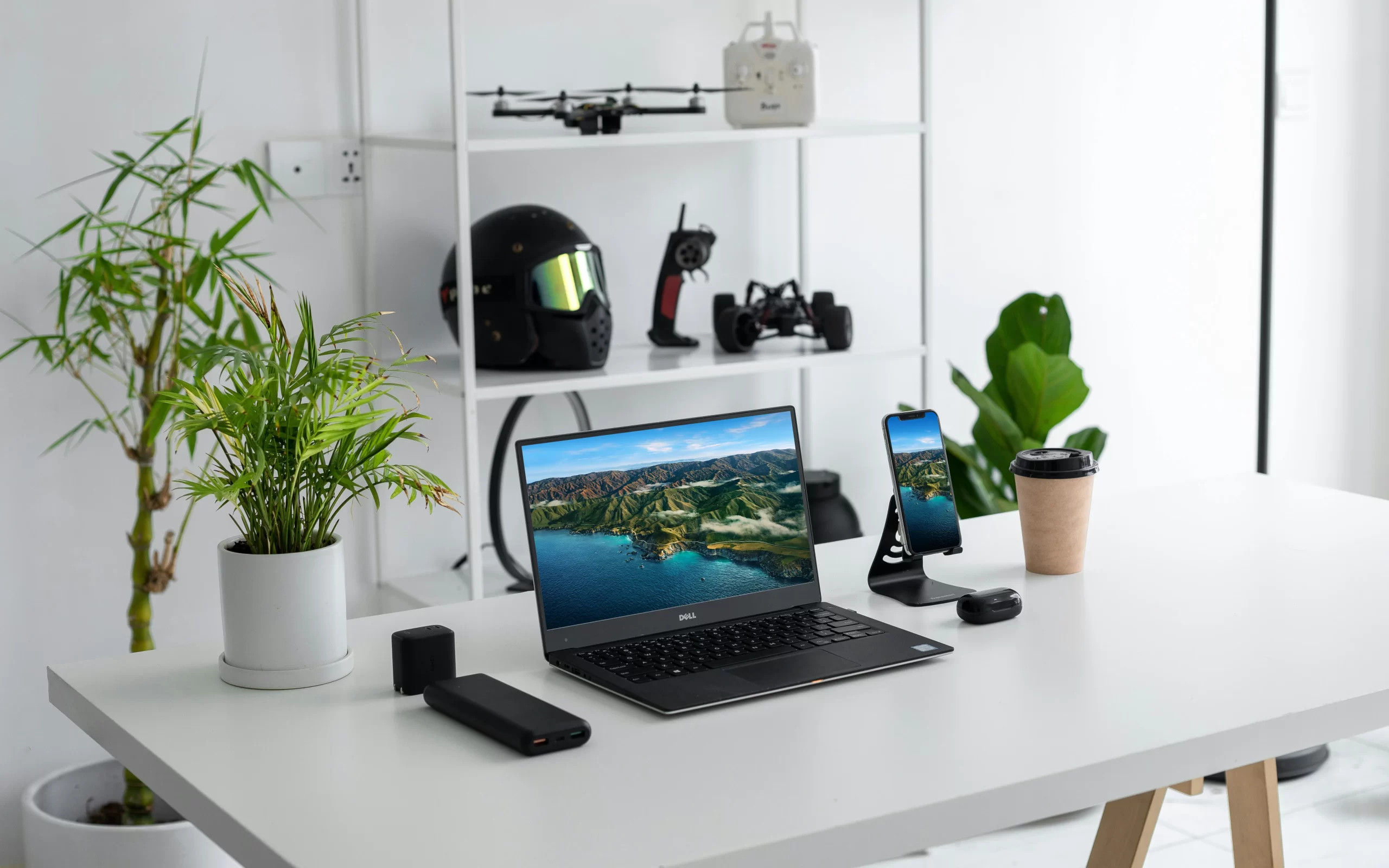Upgrading your PC can breathe new life into an aging system, boost performance, and unlock new capabilities. However, knowing when and how to upgrade components requires careful consideration of factors like performance bottlenecks, budget constraints, and compatibility. In this guide, we’ll explore when it’s time to upgrade and how to approach the upgrade process effectively.
When to Upgrade:
- Performance Bottlenecks: Identify performance bottlenecks by monitoring system resource usage. If your CPU, GPU, or RAM is consistently maxed out during tasks like gaming or video editing, it may be time to upgrade.
- Obsolete Hardware: If your hardware components are several generations old and no longer meet the requirements of modern software and applications, it’s worth considering an upgrade.
- New Use Cases: If you’re transitioning to new use cases that demand more computing power, such as content creation, virtual reality, or 4K gaming, upgrading components can help meet these requirements.
- End of Support: When hardware components reach the end of manufacturer support or warranty period, it may be wise to upgrade to newer, supported hardware for improved reliability and security.
How to Upgrade:
- Identify Bottleneck: Determine which component is causing the performance bottleneck by monitoring CPU, GPU, RAM, and storage usage during typical usage scenarios.
- Budget Planning: Set a budget for your upgrade and prioritize components based on their impact on performance. Allocate more funds to critical components like CPU and GPU if necessary.
- Research Compatibility: Ensure compatibility between new components and existing hardware. Check motherboard compatibility for CPUs and RAM, GPU clearance for case size, and power supply requirements for all components.
- Component Selection:
- CPU: Consider upgrading to a faster CPU with more cores and threads for improved multitasking and productivity.
- GPU: Upgrade to a more powerful GPU for better gaming performance and graphics rendering capabilities.
- RAM: Increase RAM capacity and speed for smoother multitasking and better performance in memory-intensive tasks.
- Storage: Upgrade to a faster SSD for improved system responsiveness and shorter load times in games and applications.
- Power Supply: Ensure the power supply unit (PSU) can handle the power requirements of new components, especially high-end GPUs.
- Backup Data: Before performing hardware upgrades, back up important data to prevent loss in case of unexpected issues during the upgrade process.
- Installation: Follow manufacturer instructions and best practices for installing new components. Take precautions to prevent electrostatic discharge (ESD) damage and ensure proper cable management for optimal airflow.
- Testing and Optimization: After installing new components, boot up the system and test for stability. Update drivers and firmware as needed, and adjust system settings for optimal performance.
- Dispose of Old Components: Properly dispose of or repurpose old components to minimize electronic waste and maximize resource utilization.
Conclusion:
By knowing when to upgrade and how to approach the upgrade process, you can keep your PC up-to-date with the latest hardware advancements and ensure it meets your evolving needs for performance, functionality, and reliability. Whether you’re upgrading individual components or performing a full system overhaul, careful planning and execution can result in a smoother and more rewarding PC upgrade experience
http://www.madrasthemes.com
